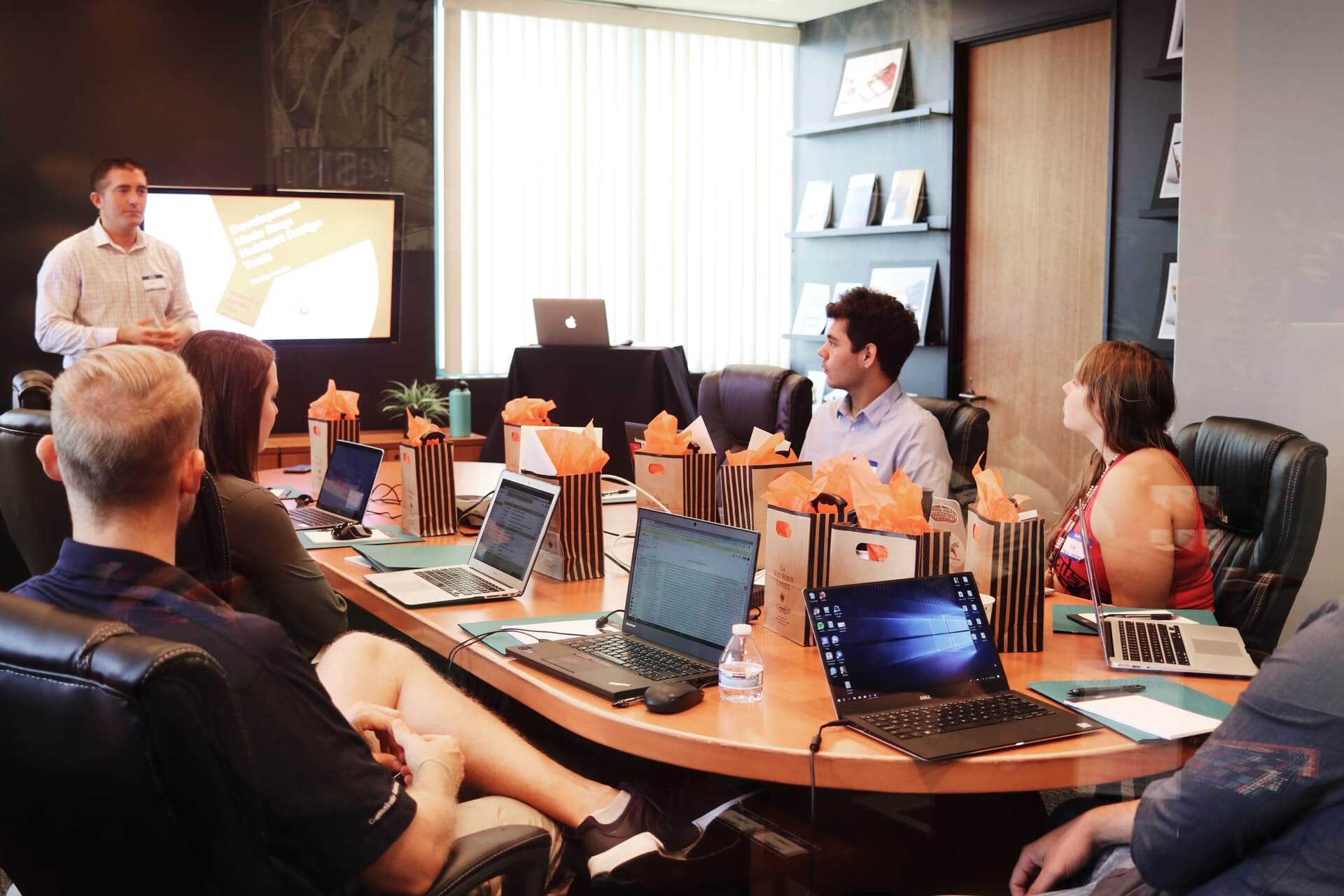Last Thursday’s post addressed the participation of NPO staff in the fundraising process – staff other than those directly involved in development. A response to that posting suggested that there were other issues to be addressed.
Staff members as donors:
It would be a major plus for a nonprofit organization to be able to tell its constituents that all members of the staff feel strongly about the mission and are also donors. That the NPO is able to publicize that every staffer has (voluntarily) given to the best of his/her ability can only strengthen the org’s image.
It would also be a major blow to that image if the public were to learn that staff members were coerced into giving.
Many overly enthusiastic EDs/CEOs require staff to be donors. That “requirement” can and should be perceived as coercion; and, coercing people to give is highly unethical … and bad for the NPOs public image.
Ethically, it is a “given” that ALL giving is voluntary … including from the NPO staff.
Staff members as event designers/participants:
If an NPO is lucky enough to have staffers who are skilled at designing and implementing events, and those folks are willing to be involved with events … without their participation having been coerced, then that speaks well and loudly to the community of staff’s commitment to the mission.
If, however, the public was to hear that such participation was not wholly voluntary, it’s likely that the image of the NPO would suffer … as would its fundraising efforts.
Staff members as solicitors:
With the exception of those individuals who are hired as part of the fundraising staff, other staff members (ideally) should be involved in telling the NPO’s story, but should not be “required” to act as solicitors. The key word, again, is “required.”
In addition to the resentment that staff members would feel, it would be impossible to discount the impact that resentment would have on a fundraising solicitation … and on job performance. One must also consider that untrained and unwilling solicitors will never be able to solicit the “maximum gift” from a donor.
Bottom Line:
It’s not unusual for all staff members of an NPO to have some input in the design/implementation of an event – offering advice/direction based on their particular area of function/expertise.
But, an organization that “requires” staff to perform in areas for which they were not specifically hired is an organization that doesn’t mind putting its public image at risk.
And a good test of whether this kind of employee policy might or might not be ethical is to ask yourself whether you’d want to see a newspaper headline announcing that your organization coerces its employees….!!
=-=-=-=-=-=-=-=-=-=-=-=-=-=
Have a comment or a question about starting, evaluating or expanding your fundraising program? Email me at [email protected]. With over 30 years of counseling in major gifts, capital campaigns, bequest programs and the planning studies to precede these three, we’ll likely be able to answer your questions.










